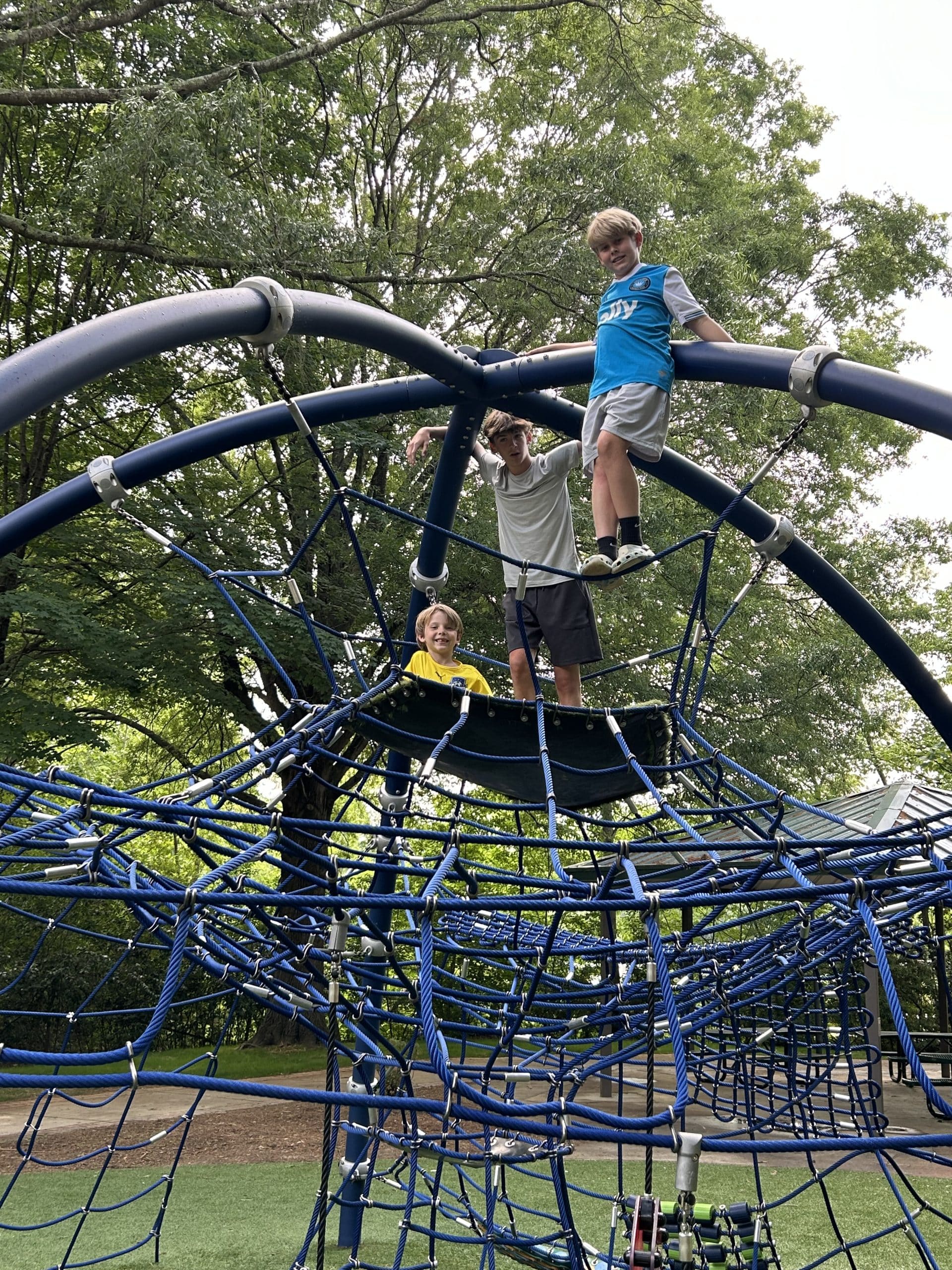Punishment and discipline have various effects on students. Too often, discipline means punishment. Even so, it does not mean that discipline is about punishment. Discipline and punishment use many different tools. Generally, punishment is not very effective. Normally, to punish refers to negative consequences. It does not change behavior. Thus, it does not get the desired behavior. It is important to teach students an alternative behavior. Therefore, punishment without teaching does not work.
Punishment is Not Discipline
Basically, there are different types of student misbehavior. Thus, they require different types of disciplines. These include Preventive, Supportive, and Corrective.
Parents and teachers have a responsibility to teach children to be self-reliant, respectful, and demonstrate self-control. In the classroom, teachers expect students to respect rules. As rules are not followed, students can expect consequences. Thus, the same happens in the home. However, as teachers and or parents are too permissive any type of discipline is not respected by the child or student.
Preventive discipline focuses on motivation. It places a focus on the interest of the student or child. Also, it demonstrates compassion from the parent or teachers and diverts them from the misbehavior. Additionally, it emphasizes improvement.
Supportive helps the student or child avoid misbehavior through redirection and positive feedback.
Corrective discipline deals directly with misbehavior. This does not mean berating the student. This happens through private conversations and initiating a consequence.
Discipline is about learning to manage impulses and behaviors. Students need to develop a sound moral compass. They need to understand inappropriate versus appropriate behaviors. Teachers and parents want students to do the right thing because they understand it is right. Consequently, they want to do right. Also, students need to justify the judgments they make about their choices. So, discipline and or punishment without teaching has no purpose. Discipline must be done without compromising a student’s sense of self.




